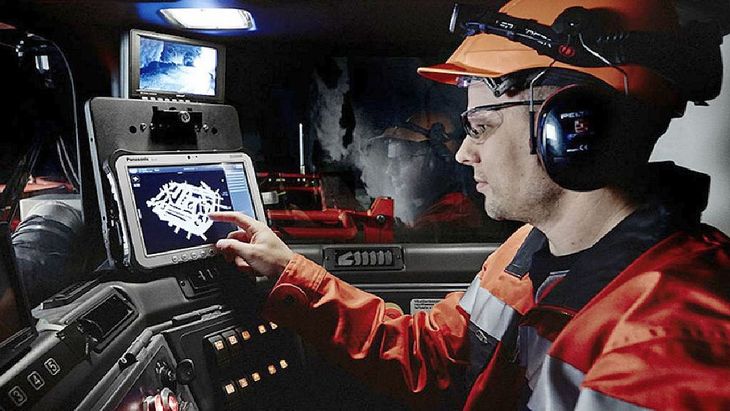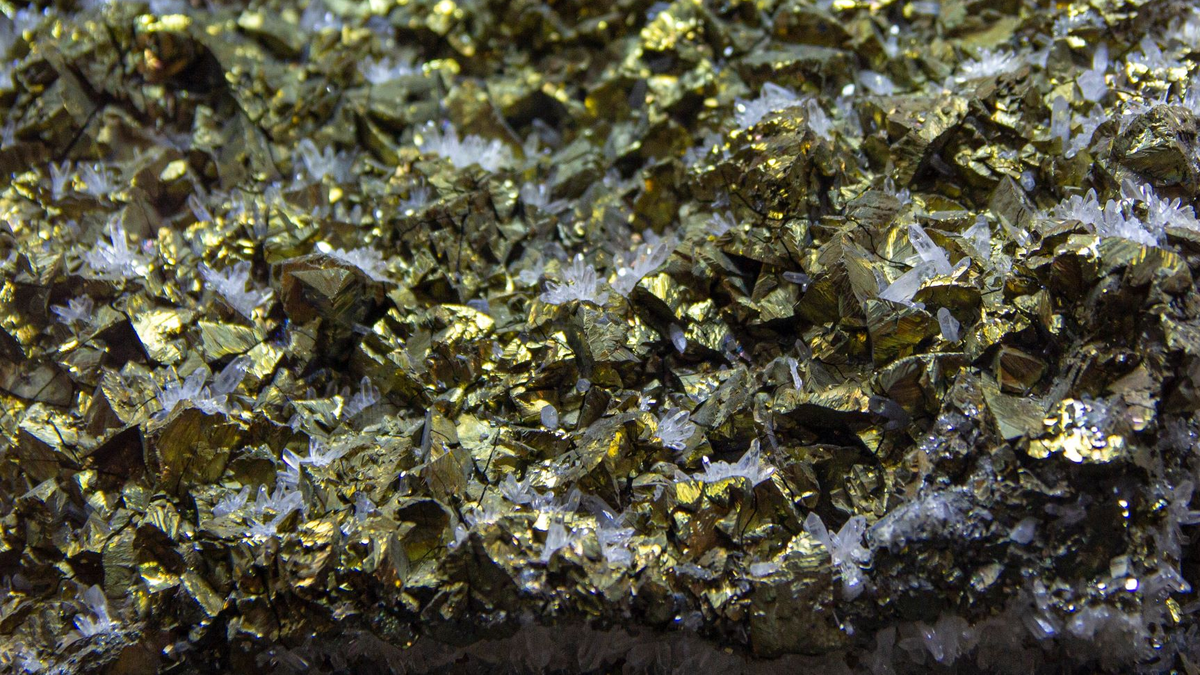The mining It has a very important role in generating the resources necessary to advance the energy transition. Minerals such as copper, lithium and cobalt are essential for the manufacture of batteries, solar panels and wind turbines. However, currently, there is uncertainty as to how many resources miners can actually produce, so we do not know how quickly we can move forward in the transition. For example, we do not know whether the expected levels of lithium production will allow us to develop the batteries necessary to store renewable energy.
According to a new study by Accenturein the last five years, the world’s main mining companies have produced fewer resources than they had estimates. In totalunfulfilled production volumes amount to 254 million tons during that period, resulting in a loss of $67 billion in revenue.
This scenario is even more worrying when considering that the annual demand for minerals will continue to grow in the coming years and is expected to increase 2.5 times between now and 2030, among other factors, due to the energy transition.
The causes of this scenario are varied. Among the external factors are the production stoppages that generated the pandemic and whose effects still persist in the mining companies; weather events unforeseen events and the fhigh capacity to generate energy. There are also more operational issues, such as the variability of the quantity of mineral, its quality, and the conditions of the terrain (geological variability); shortage of skilled labor and logistical limitations which also contribute to this problem.
mining workers
On the other hand, there are internal factors, such as lack of information or knowledge sufficient to forecast production, and overconfidence when calculating reserves. Here technology is an opportunity. Having adequate data and real-time analysis today allows mining companies to know how many resources they are generating and to more accurately project the amount of minerals they can actually produce.
The key areas to focus on mining production
To respond to this adverse scenario in the predictability of production, Mining companies must focus on two key areas. The first, the data. It is necessary to review the information they have to ensure that it is of quality and that it is being used appropriately to plan operations. To this end, it is essential to develop tools such as data analytics and artificial intelligencewhich not only allow us to have the necessary information to make quality decisions, but also in an automated way.
To illustrate this with an example, let’s imagine a copper mine that has been dealing with unforeseen shutdowns due to geological variability. By implementing advanced data analysis technologies, the mine can better predict geological conditions and adjust its operations, even in an automated manner. This not only reduces unplanned downtime, but also improves production efficiency and predictability.
Mining Artificial Intelligence.jpg

The second key element to face this scenario is human talent, enhanced by new technologies. Currently, for example, digital twins, virtual models of a physical object, which can be a factory, store or even a person, make it possible to create a virtual replica of a task and predict what problems could occur in it. This not only increases productivity, but also improves different areas, such as worker safety, among others.
However, for a strategy of joint work between humans and technology to bear real fruit, it is essential to continuously monitor the results. This allows us to identify shortcomings such as biases in artificial intelligence (gender, race, among many others) and implement improvements.
By adopting these measures, The mining industry can not only recapture the $67 billion opportunity, but also ensure a stable supply of essential minerals for a sustainable future.
Executive President of Accenture Latin America.
Source: Ambito
David William is a talented author who has made a name for himself in the world of writing. He is a professional author who writes on a wide range of topics, from general interest to opinion news. David is currently working as a writer at 24 hours worlds where he brings his unique perspective and in-depth research to his articles, making them both informative and engaging.




